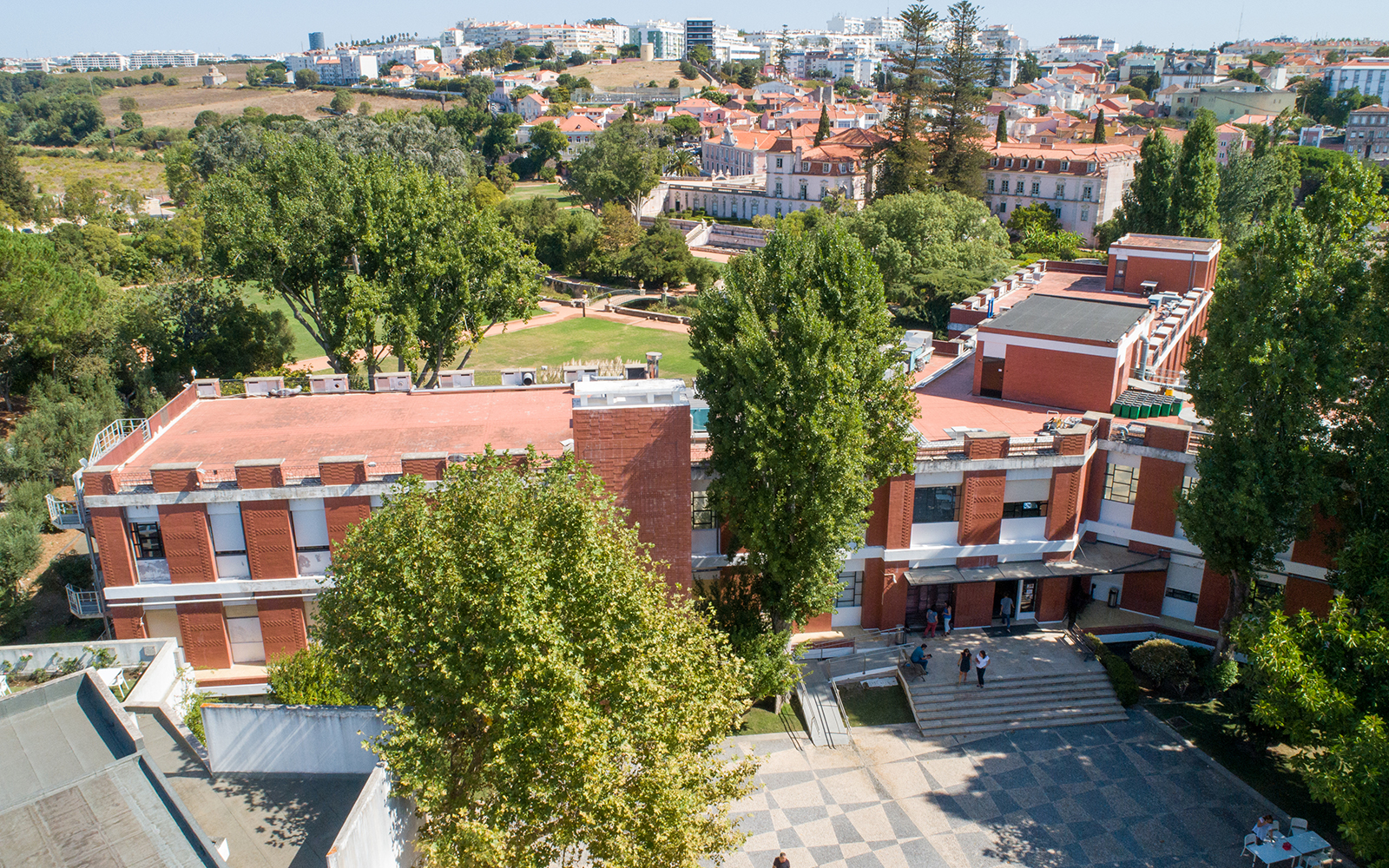Slider de Eventos
Data
- / Cancelado / Esgotado
Local
Sala virtualDefesa de Tese
Pode consultar o resumo desta defesa de tese em inglês.
PhD Thesis Defense Gonçalo Santos Matos 23/07/2021 10:00 Zoom
Speaker: Gonçalo Santos Matos
Host: IBB2016 and Luís Teixeira
Title: Regulation of the microbiota in the gut of Drosophila melanogaster
Jury President: - Dr. Cecília Maria Pais de Faria de Andrade Arraiano, Investigadora Coordenadora do Instituto de Tecnologia Química e Biológica da Universidade Nova de Lisboa;
Members of the Jury:
- Prof. Martin Kaltenpoth, Max Planck Institute for Chemical Ecology, Germany (http://www.ice.mpg.de/ext/index.php?id=insect-symbiosis) – main jury member;
- Dr. François Leulier, Institut de Génomique Fonctionnelle de Lyon (IGFL), France (http://igfl.ens-lyon.fr/equipes/f.-leulier-functional-genomics-ofhost-intestinal-bacteria-interactions) - main jury member;
- Prof. Adriano O. Henriques, Instituto de Tecnologia Química e Biológica NOVA, Portugal – jury member;
- Dr. Isabel Gordo, Instituto Gulbenkian de Ciência, Portugal – jury member;
- Prof. Luís Teixeira, Instituto Gulbenkian de Ciência, Portugal – supervisor.
Abstract: Animals harbor complex microbial communities in their gut that have a great impact on their biology. This includes modulating traits as the development, immunity, metabolism or behavior. The species composition and frequency of gut bacteria differ from those of the environment of the animal suggesting that the gut imposes a strong selective pressure on bacterial survival. Understanding the mechanisms that regulate the gut microbiota has been an important question in the field of symbiosis.
In order to colonize the gut, bacteria must obtain or produce energy, deal with several challenges of the gut environment (e.g: the physical and chemical barriers of the gut or the strong host immune response), survive against weapons of microbial warfare and counter the gut flow that pushes its contents out. From the mechanistic point of view, colonization is a complex trait as it relies on having a combination of several molecular mechanisms that provide advantages in the context of the gut. Studies on different models of colonization have seen that commensals of different animals rely on similar mechanisms to colonize the gut. This is also true for the comparison between commensals and pathogens, suggesting the molecular mechanism regulating colonization are conserved.
Recently, it was found that D. melanogaster has a stable microbiota that has a beneficial effect on the biology of the fly. Additionally, it was observed that some of these stable bacteria proliferate in the gut. We have focused on studying the mechanisms that regulate proliferation, from the bacterial perspective, to understand fundamental questions related with gut colonization.
We have studied the proliferation of different natural isolates of Acetobacter that belong to the same clade of the phylogeny of this genus. We discovered there was variation in the proliferation capacity between and within species. Isolates collected from different continents proliferated in the gut of D. melanogaster, suggesting the capacity to proliferate is widespread. We characterized the location where Acetobacter are within the body of the fly. We have found that different species of Acetobacter occupy different niches within the gut. This is the first indication of niche specificity in the gut of D. melanogaster. The capacity to proliferate was interspersed in the phylogeny of this clade. However, the topology of the phylogenetic tree did not permit inferring about the evolution of the proliferation capacity. We have studied the association between the proliferation capacity and genomic content in Acetobacter. We identified genes association with proliferation at the species and clade level. Finally, we have studied how interactions between different bacteria – endosymbionts and gut bacteria - affected proliferation. We found no evidence of bacteria-bacteria interactions in those conditions tested.
In conclusion, we identified for the first time, candidate genes for regulating the proliferation of Acetobacter. This may be of interest for researchers studying the molecular mechanisms regulating symbiosis. We found niche specificity in the capacity to proliferate in the gut of D. melanogaster. This provides a new experimental framework to those interested in understanding the mechanisms that regulate niche specificity. My PhD reinforces that the Acetobacer-Drosophila model is powerful to understand fundamental principles of symbiosis.
ORADOR
Gonçalo Santos Matos
Instituto Gulbenkian de Ciência
